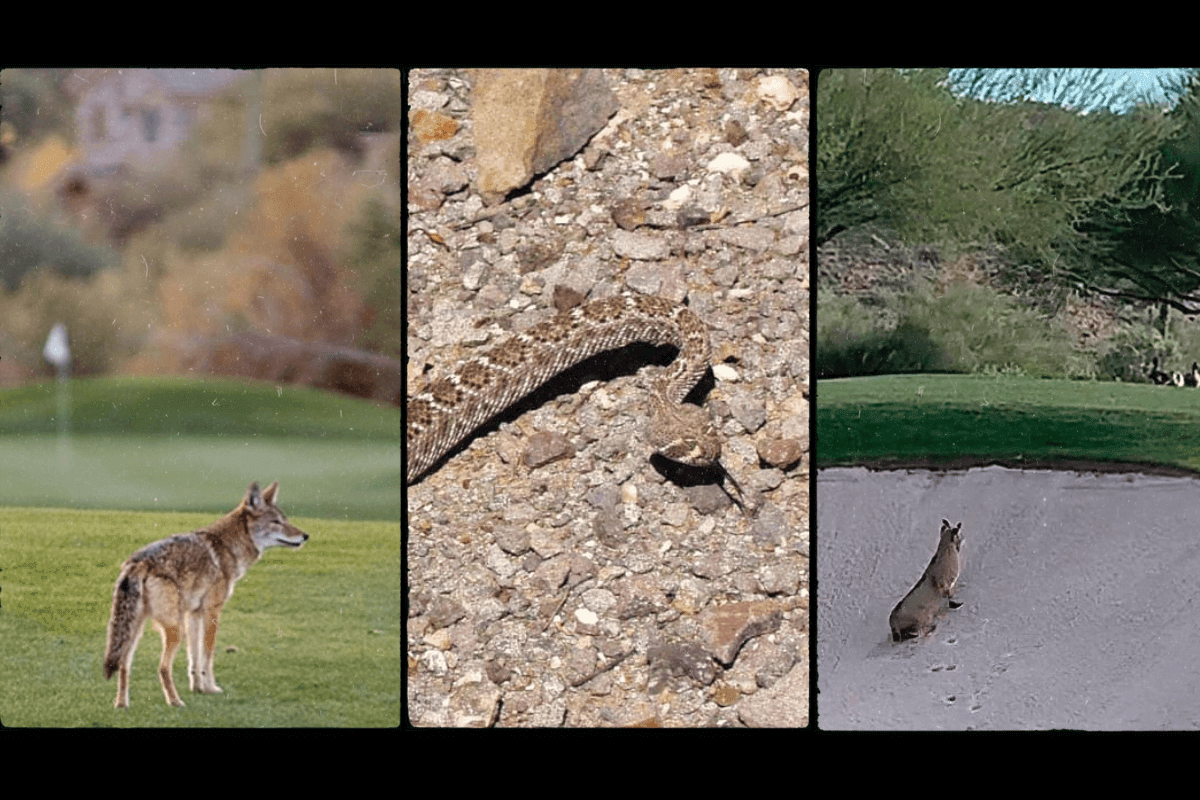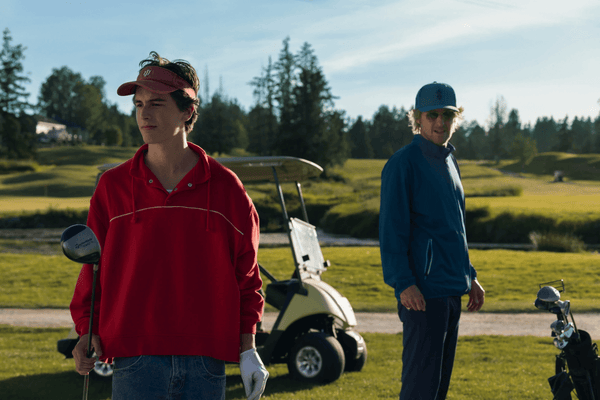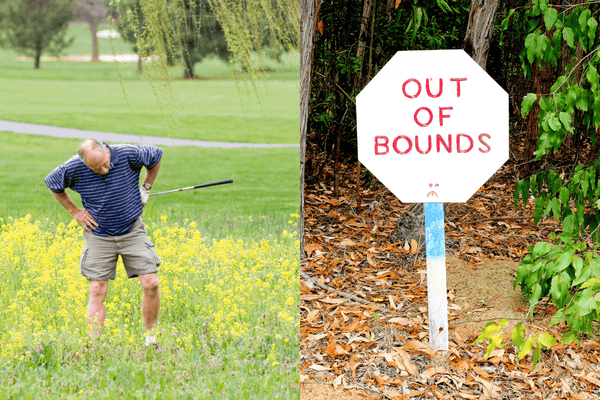As golfers, we often find ourselves immersed in the natural beauty of the courses we play, surrounded by lush fairways, towering trees, and stunning vistas. However, in the Southwestern United States, we must also be mindful of the diverse wildlife that calls these landscapes home. From coyotes to rattlesnakes, the region is teeming with fascinating creatures that can pose a unique set of challenges for the avid golfer.
Coyotes and Bobcats
One of the most commonly sighted animals on Southwestern golf courses are coyotes. These cunning canines are known for their adaptability and can thrive in both rural and urban environments. While they are generally shy and avoid human interaction, coyotes may occasionally approach golfers in search of food or to protect their territory. It's important to keep a safe distance and avoid feeding them, as this can encourage bold behavior.
Another predator that golfers may encounter is the bobcat. These elusive felines are skilled hunters and can be spotted prowling the edges of the course, particularly in the early morning or late afternoon. Bobcats are generally not aggressive towards humans, but it's best to admire them from a distance and avoid approaching them.
Gila Monsters and Rattlesnakes
The Southwestern United States is also home to the Gila monster, a large, slow-moving lizard known for its distinctive black and orange coloration. While Gila monsters are not aggressive towards humans, their venomous bite can be quite painful, so it's best to admire them from a safe distance.
Another creature that golfers must be cautious of is the rattlesnake. These venomous snakes can be found in a variety of habitats, including golf courses, and their distinctive rattle is a clear warning sign. If you encounter a rattlesnake, the best course of action is to slowly back away and give it a wide berth. Avoid sudden movements or attempts to interact with the snake, as this can provoke a defensive strike.
Javelinas and Bees
The Southwestern United States is also home to the javelina, a unique hoofed mammal that resembles a small, hairy pig. Javelinas are often found in herds and can be seen grazing on the course or resting in the shade. While they are generally not aggressive, it's important to give them space and avoid startling them, as they can become defensive if they feel threatened.
In addition to these larger creatures, golfers in the Southwest must also be mindful of the buzzing inhabitants of the course – bees. The region is home to a variety of bee species, some of which can be quite aggressive if their hive is threatened. If you encounter a swarm of bees, it's best to move away slowly and avoid swatting or making sudden movements that could provoke an attack.
Scorpions, Tarantulas and The Hawk Wasp
As if the coyotes, bobcats, javelinas, and rattlesnakes weren't enough, the Southwestern golf course can also be home to some truly fascinating, and potentially dangerous, invertebrates. Tarantulas can be found lurking in the underbrush, while the venomous bark scorpion may take up residence in the rocky crevices. The Tarantula Hawk Wasp on the other hand can be found buzzing the skies in search of it's prey, the Tarantula. While not typically aggressive, it's best to steer clear of them as their sting is said to be "excruciating and debilitating".
Mountain Lions and Black Bears
For golfers venturing into more remote, rural areas, the threat of larger predators like mountain lions and black bears must also be considered. These animals are typically shy and avoid human interaction, but it's important to be aware of their presence and take appropriate precautions, such as making noise while walking and keeping food securely stored.
By being mindful of the diverse wildlife that calls the Southwestern golf courses home, we can better appreciate the natural beauty of these landscapes while also staying safe and enjoying our time on the links. So the next time you tee off in the Southwest, keep your eyes peeled for these fascinating creatures, but remember to give them the respect and space they deserve.












